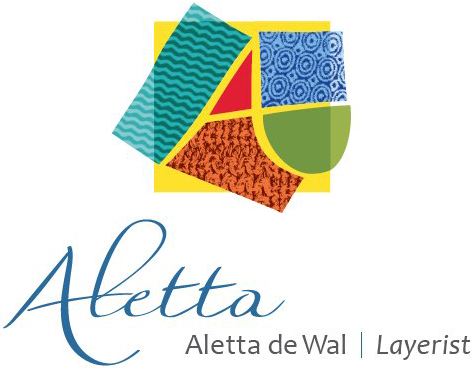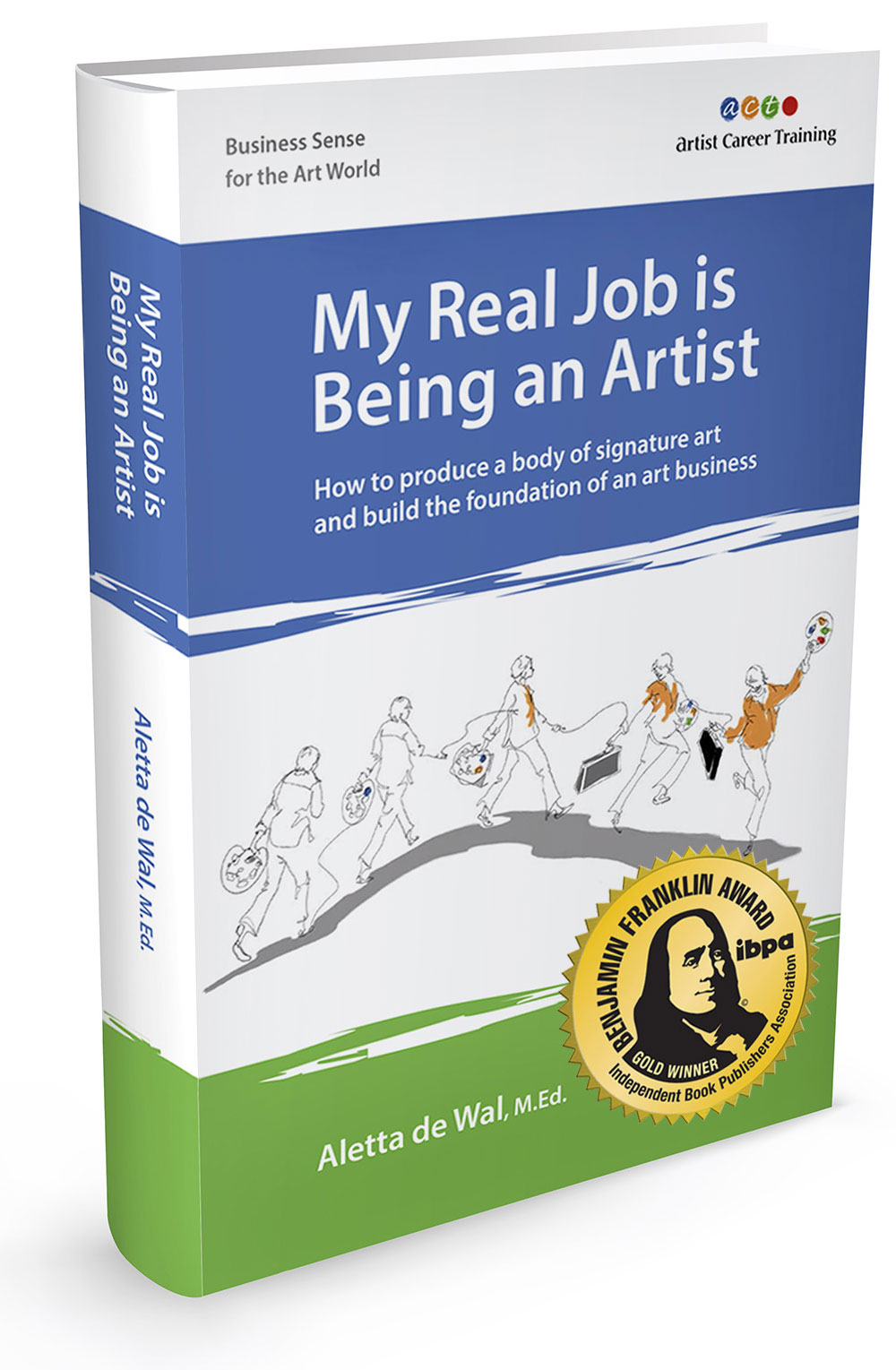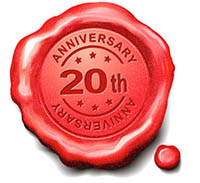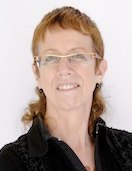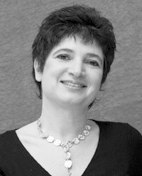Gayle Rappaport -Weiland
Gayle Rappaport-Weiland, brings originality, heart and soul to her paintings, teaching, and life. Her intuitive and spontaneous impressionistic works, using watercolor, acrylic and mixed media, have been in galleries and personal exhibitions throughout the western United States. She has achieved many honors and awards. She recently signed with Studio Voltaire for national representation for licensing her work.
 Gayle creating her Emotional Abstraction seriesGayle relishes sharing her knowledge and passion for the arts. Her professionalism and contagious excitement ensures a successful and positive art experience. It's no wonder that newspapers, art publications and radio show hosts have interviewed Gayle about her art. Readers of the Sacramento News and Review recently voted her Sacramento's "Favorite Visual Artist."
Gayle creating her Emotional Abstraction seriesGayle relishes sharing her knowledge and passion for the arts. Her professionalism and contagious excitement ensures a successful and positive art experience. It's no wonder that newspapers, art publications and radio show hosts have interviewed Gayle about her art. Readers of the Sacramento News and Review recently voted her Sacramento's "Favorite Visual Artist."
A.C.T.: What prompted you to start your professional art career?
I have a degree in Recreation/Education. Early on I was an employed Recreation Director for an R.V. Campground. I created an art program for the clients that were visiting. I posted my work on the bulletin board to show examples of the classes that were being offered. Low and behold people were stealing my work from the bulletin board. Well I decided if it was good enough to steal, then certainly it was good enough to sell.
A.C.T.: What makes an artist professional?
Professional artists eat, sleep and drink their passion for art. To be a professional you have to present yourself capably and enthusiastically.
A.C.T.: What is your artistic direction? What is your "life's work" as an artist - what legacy do you want to leave?
My art comes from the vocabulary of my soul. My art is a journey. My work varies and always has. I never worry about a painting selling. They all go to the home they are meant for. I am a lifelong learner. Each painting presents a new challenge. I love just starting a painting with no plans and let the painting push me.
Giving back is top on my priority list. I am so grateful for the life I lead. This year my goal is to turn my art into money for charitable organizations. This is starting to have a domino effect. Unforgettable Poppies by Gayle Rappaport-WeilandA.C.T.: What is your art business direction and what are your business goals?
Unforgettable Poppies by Gayle Rappaport-WeilandA.C.T.: What is your art business direction and what are your business goals?
I am an artist, teacher, consultant, curator and juror.
I want to gain National Gallery Representation now that my 22 year old is living in New York and gainfully employed. I exhibit my art in both traditional and non-traditional venues. I work on networking with people like Aletta.
A.C.T.: How do you manage your time, money and energy?
I have always spun many plates at one time. The flexibility and creativity of do many things keep me alive. I have lots of energy. There is no typical day for me. I do live by a schedule since I teach, consult etc. I try to fit in exercise and meditation sometime in the day. Today I am working on these questions for our interview, I had a client pick-up a donation, I will work on class descriptions.
You must be asking when do I paint? At all hours. I have an in-home studio. I have to schedule free time not to work. That is the plus of doing something you love. But it is a business. I have to create manage and sell. Do what you can handle and then delegate the rest.
A.C.T.: What peak moments have you had as an artist? What makes it the best job in the world?
Teaching a class to Joan Baez was definitely a peak moment. In 1992 I sent Oprah a gift of a painting because of an interview she had with Jane Pauley. It was exhilarating to get a personal note from her.
Teaching is always a high point for me. I love working with people who insist they cannot paint. I instruct them and they paint a masterpiece. Sharing my artwork also is always validating and gives me a reason to continue my journey.
It tickles me to help people succeed. I share my knowledge to help other artists enjoy making a business out of their personal gift.
A.C.T.: How do you define and celebrate success?
Success is different for everyone, for me it is the journey. I am a dreamer and always have been. I’ve always visualized what I want my life to be. I take action and it happens.
A.C.T.: What obstacles have you encountered in your art business and how have you handled them?
I call obstacles motivators. I tend to challenge things the outer world says are not possible. I once was showing in a prestigious local gallery and the gallery owner had my artwork behind a flip rack. He insisted the work would not sell for my high asking price. I decided to move the piece to a non-traditional venue - my friend’s curio shop. She sold the piece within a week. She made the commission, not the dealer. I delivered the piece and sold even more pieces to the purchaser.
It is important for you to value your work. If the people selling your work don’t value it, it won’t sell.
A.C.T.: What opportunities has a professional approach to your career brought you that you might otherwise not have had?
People want to do business with people they can trust and who are in it for the long haul. My professionalism creates trust. Everyone knows my word and handshake are all you need. I have a reputation of integrity and it has taken me a long way.
 Roots of Wisdom by Gayle Rappaport-WeilandA.C.T.: Who are your role models and mentors? What was the best advice they gave you?
Roots of Wisdom by Gayle Rappaport-WeilandA.C.T.: Who are your role models and mentors? What was the best advice they gave you?
My father instilled in me that I could do anything I put my mind to. Margie Kopp, one of my first watercolor teachers, said I should be a teacher and I believed her. Scott Mattlin told me that if I want to do something I cannot do myself, there are always people to help get to the end result. Of course there are also all the unsung models and mentors who touch you everyday.
A.C.T.: What is your art marketing strategy? What promotional materials and actions do you use most often?
Leave no stone unturned. My art marketing strategy is to never leave home without something in my bag to give out to people. (Business cards, brochures, postcards etc.) Besides my website, I’m on Linked In and Face Book. I also send press releases.
I have used my art in many ways to support charities and that generates good PR. I donate my art and work on the PBS Art Auction as an art expert. I just did an email campaign with 100 percent of the proceeds going to Haiti.
A.C.T.: What changes have you experienced in the art market and how have you navigated them? What lessons have you learned?
Look at the art market like stock holdings - you want to be diversified. I’m going to be there when the economy comes back. When one thing is up the other is down. I have diversified myself. This year I have added curator to my title. You must think out of the box.
A.C.T.: What legal measures do you take to protect your work?
I sign contracts with galleries and the people I work including being an A.C.T affiliate to get the word out about Artist Career Training.
I put a copyright on my painting and write “no reproduction rights” on the back of the piece. Honestly I feel people out. Go with your gut. If it quacks like a duck it usually is.
A.C.T.: What advice would you pass on to artists who want to succeed in any economy?
Take action. Keep your name in front of your audience. Work smarter. Keep learning.
A.C.T.: How do you recommend that artists develop their careers?
Think of the art business just like you would any other business. Stop giving your valuable gift away and start letting it create a paycheck. Start now. The only moment you have is this one.
Hone your skills. Get involved in an A.C.T. program. Join Aletta in one of her TeleClasses. Join my Business of Art classes or find out how an hour of consulting can renew your energy.

